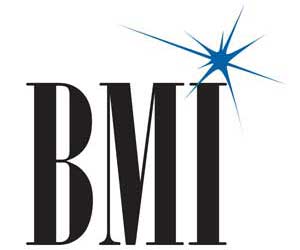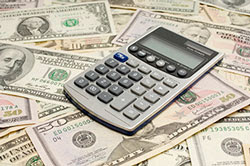BMI wants radio stations to pay more for licensing music and it’s taken the matter to federal court in New York. The organization asserts there’s been an “erosion” in the promotional value of radio — i.e. just how much it advantages recording artists — which it blames for the decline in music sales.
The filing to the court says: “Radio broadcasts no longer drive music sales, once a critical revenue source for BMI’s affiliates and a factor long considered a justification for lower rates payable to BMI.” On the flipside of the coin, is the common knowledge that digital has greatly changed the game. BMI offers figures to back up this dual pressure, noting that album sales declined 18% in 2017 while on-demand audio streams of single songs grew 59%.
The whole idea of how music is purchased has shifted dramatically, and with it comes the contention that people are tending less towards album purchases and are more in favor of building their stockpile of individual songs digitally, and across devices, to be listened to in whatever order, and wherever, they wish. “In light of these changes, publishers can no longer rely on royalties from album sales to capture the full value of their copyrighted works,” BMI told the court.
Nielsen takes issue with the assertion, reporting that the top source for music discovery is AM/FM “Over-the-Air” radio, with 49% of listeners saying this is where they turn for new music.
Currently, stations pay approximately 1.7% of their revenue for licensing. The Radio Music Licensing Committee (RMLC) wants that rate lowered while BMI wants the radio industry to pay more, saying, “As a result of streaming and multicasting, overall music use by radio stations, including music in the BMI repertoire, has increased dramatically and it is expected to continue to increase going forward.”
BMI has proposed hiking the revenue rate to 2% for the new term, from the 1.7% revenue rate that stations had been paying under the industry’s previous deal, and raising it to 2.5% for online music use. But citing what it contends is BMI’s reduced market share, the RMLC has counter-offered a lower 1.4% rate.





